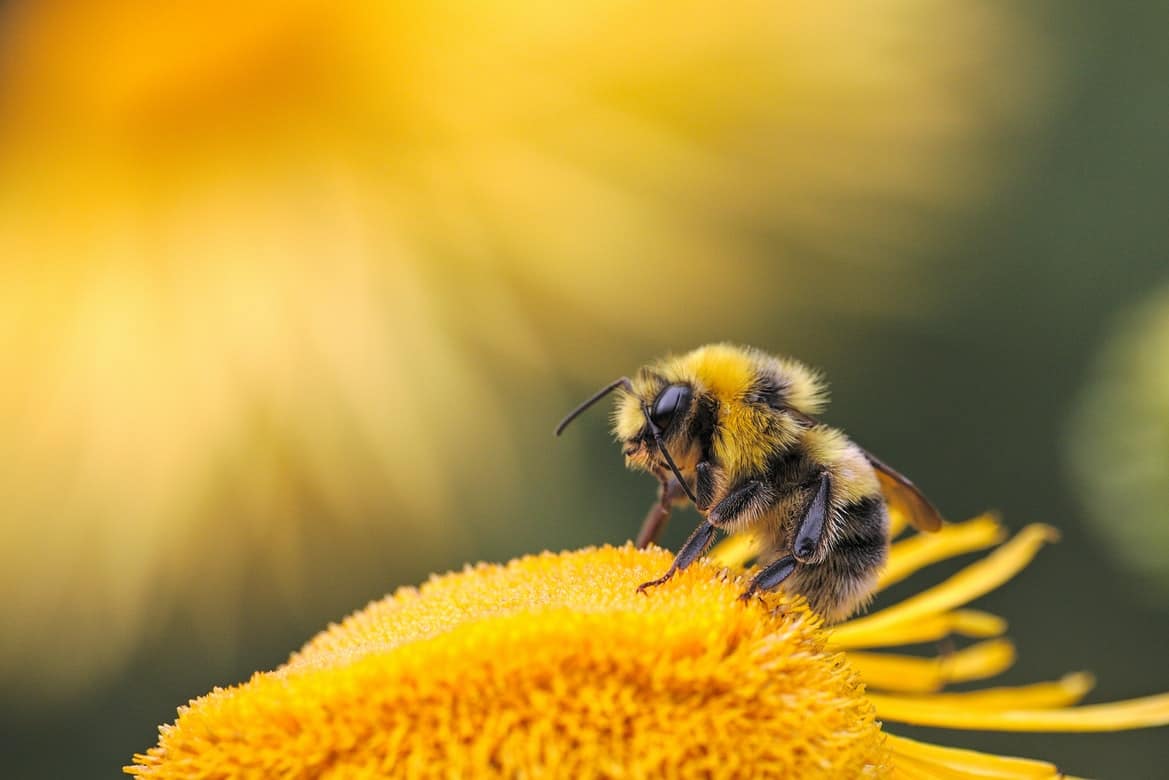Each year, does it seem like your eyes are getting itchier, your nose is getting runnier and your sinuses are getting stuffier? If so, you’re not alone. In fact, recent research has found that pollen season is growing longer and more severe. In this post, we review information from the study, what these findings mean for you and how to find relief.
About the Study

From 1990 to 2018, researchers across the country gathered data from 60 North American stations, amounting to 821 site-years of data. In addition, the researchers used earth system model simulations in order to quantify the human impact on the climate.
They found that over the past three decades, pollen seasons have increased an average of 20 days, and pollen concentrations, or the amount of pollen in the air, has increased by 21%. They attribute these changes to human-caused climate change.
The study, entitled “Anthropogenic climate change is worsening North American pollen seasons,” was published in the journal Proceedings of the National Academy of Sciences of the United States of America (PNAS) in February 2021.
What This Means for You
According to the authors, people with allergies and asthma who are triggered by pollen have been and will continue to be highly impacted by these changes to pollen season driven by climate change.
The authors also note that there has been a significant increase in allergen sensitization across all age groups in the U.S. More pollen sensitization during childhood means there will later be an increased number of adolescents and adults with allergic asthma.
This data is supported by the Centers for Disease Control and Prevention (CDC), who reports that 19.2 million adults and 5.2 million children have been diagnosed with hay fever over the past 12 months in the U.S.
Finding Relief from Pollen Allergies
If you suffer from pollen allergies, it’s becoming more and more important to come up with an allergy treatment plan. An allergist can help determine what will work best for you, which may mean a combination of: practicing avoidance of pollen by staying indoors when pollen counts are high and showering right away after visiting A West Jordan Park; taking medications like antihistamines, decongestants and steroid nasal sprays; and undergoing immunotherapy, either subcutaneous (allergy shots) or sublingual (allergy drops). For more information or to schedule an appointment, call South Valley Ear Nose & Throat – West Jordan today.